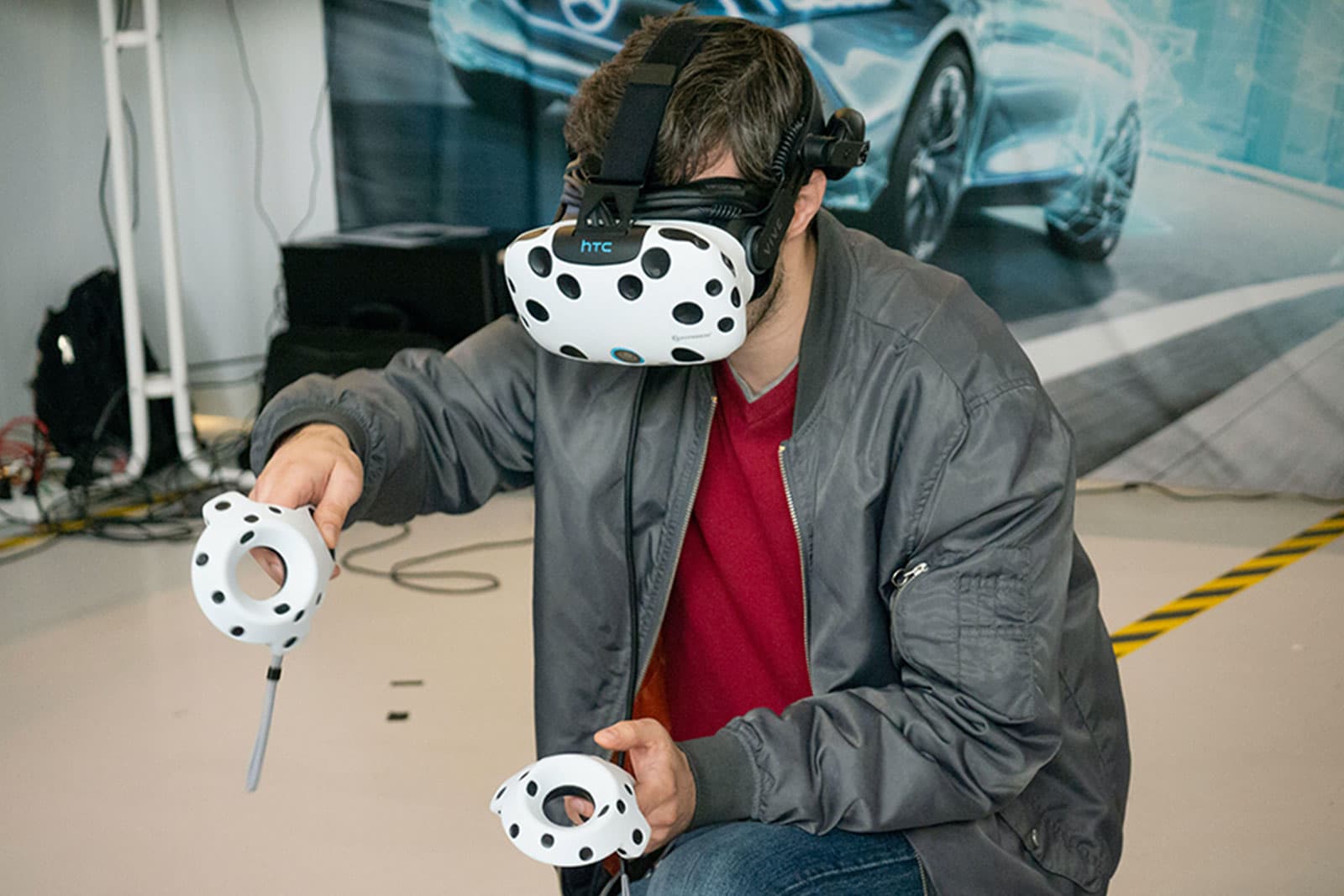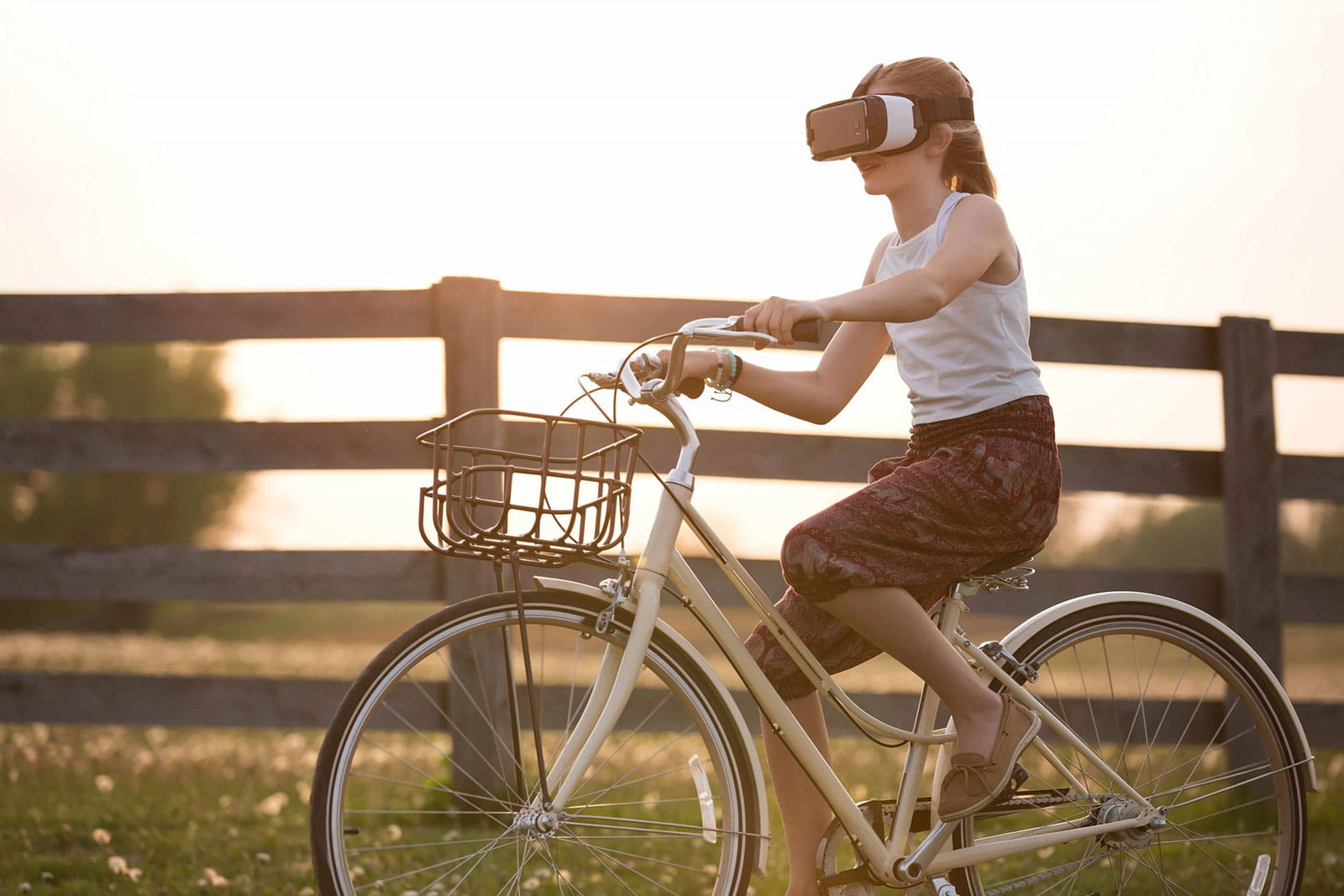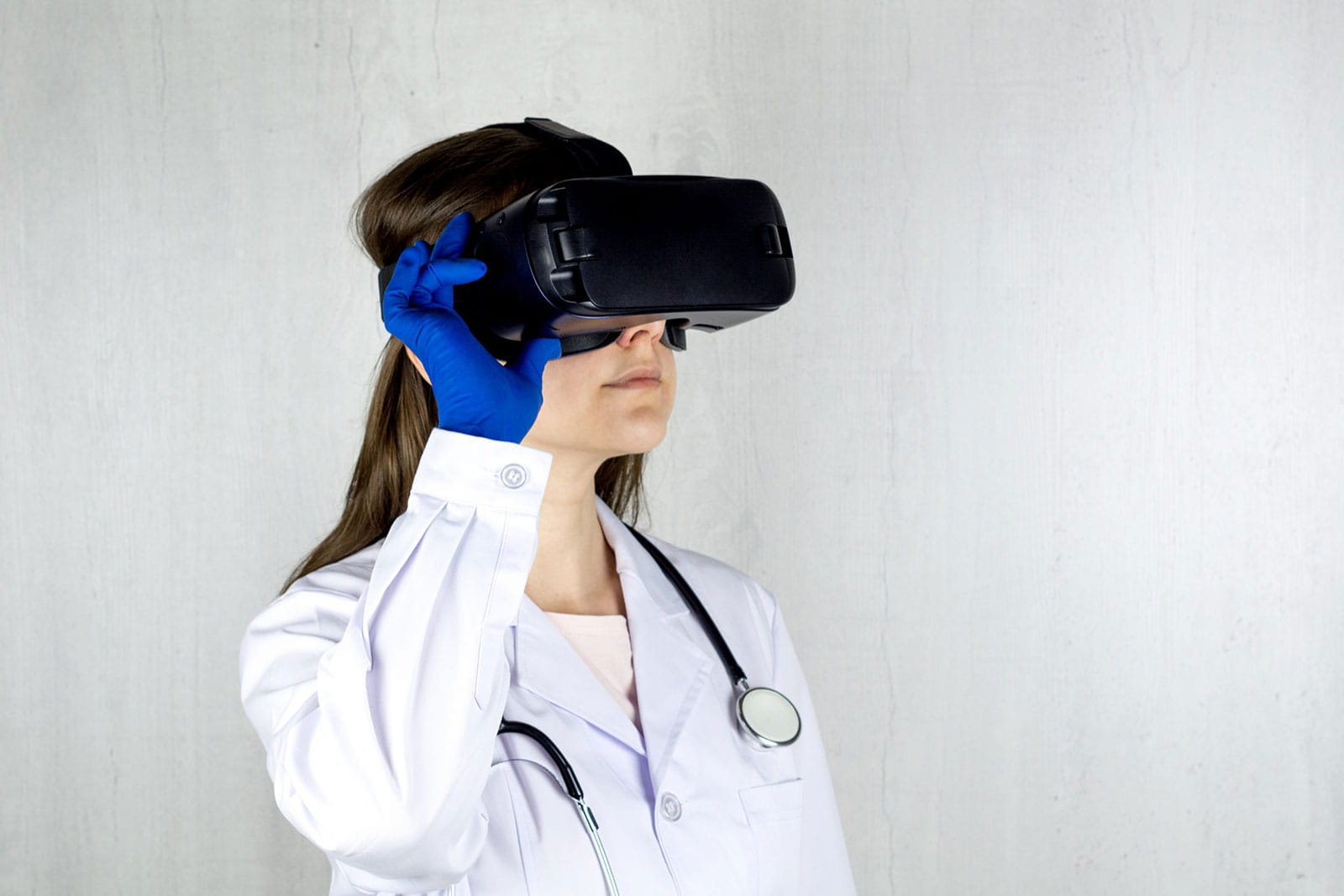
A World Short of Skilled Labour
In a world where traditional manual trades seem to be less and less valued, a major concern is emerging: the shortage of skilled labour. As technology and automation take centre stage, the importance of preserving manual skills cannot be underestimated.
Faced with this challenge, virtual reality (VR) is emerging as an innovative and appropriate tool, both for promoting these professions and for training new generations.

Promoting manual trades: revitalising the craft industry
VR, with its aura of modernity and innovation, has the potential to attract the attention of younger generations to manual trades. Thanks to immersive and interactive environments, VR is transforming the perception of traditional crafts, making them more attractive and tangible in an increasingly digitalised world.
What’s more, VR can serve as a platform for the digital preservation of craft techniques. By recording the methods of experts in VR, we can ensure that these precious skills are passed on to future generations. This helps not only to preserve skills, but also to raise public awareness of their value.
Training: A new way of teaching
Training in VR opens up new prospects for learning manual trades. There are many advantages:
Immersive, safe training: apprentices can practise in a virtual environment without risking wasted materials or injury, while learning complex techniques. VR is a great tool for simulating realistic working conditions, providing deep contextual training. It also provides real-time feedback, enabling trainees to quickly correct mistakes and improve their technique.
Increased accessibility: VR makes learning manual skills more accessible, allowing people to train and learn from home, which is particularly beneficial for remote areas.

Replication of real-life conditions: VR can simulate real-life working conditions, providing more in-depth and contextual training that would be difficult to achieve in a traditional setting.
Real-time feedback and personalisation: VR systems provide instant feedback and personalised advice, significantly improving learning effectiveness.
By integrating VR into the strategy for preserving and promoting manual trades, we are paving the way for a revival in the teaching of these essential skills. VR not only offers a solution for attracting a new generation to manual trades, but also for reinforcing and modernising their learning.
In conclusion, as we navigate our way through an ever-changing world, VR presents itself as an essential tool, not only for drawing attention to manual trades, but also for ensuring their transmission and evolution.




